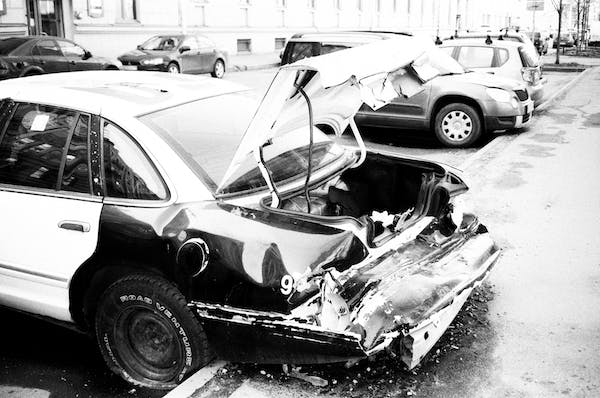No matter what the details of your car accident, it’s always a good idea to go to the doctor to get checked out. It’s important for your health, and it’s also important if you want to make a claim on your insurance. Just because you feel fine immediately after the accident doesn’t mean you don’t have an injury that will cause long-term health consequences. By visiting the doctor, you may be able to be compensated later on down the road.
Getting over a car accident isn’t just about dealing with your health, though. It also means figuring out what you’re going to do with your car. It can be a surprisingly difficult thing to decide because you have more options than you think!
Get It Fixed
One of the most obvious answers is to get your car fixed. Depending on the severity of your accident, this may be a worthwhile consideration, especially if insurance will pay for the repairs.
Some of the most common car repairs you may have to pay for, and about how much they cost, include:
- Wheel alignment: As much as $150
- Engine tune-up: $150 to over $1,000
- Brake replacement: Possibly over $1,000
In addition to the mechanical parts of your car that you may need to repair, you may also have to fix the body of your vehicle. From dents and dings to missing rear view mirrors and compromised bumpers, you could end up spending thousands more to make sure your car looks good and it protects passengers the way it should.
Scrap It
If your car was totaled, it’s obvious that it will need to be scrapped. However, you may want to consider scrapping it anyway. If repairs are going to cost more than the vehicle is worth, you might be better off sending it to a scrap yard.
Just because you scrap it doesn’t mean you can’t get at least a little money! Many scrap yards will give you a flat fee for turning in your vehicle. If you want to get the most money out of your car as you can, consider breaking it down for parts and selling them separately instead.
Make sure you have what you need to do it all legally. If you’re still paying off your car, you will have to obtain the title before you can get rid of it.
Drive It as Is
Not all accidents are serious. If you get lucky, you may be able to drive your car as it is.
If there are no major mechanical issues with your car, you may be able to keep driving it, even if it has dents or scratches. You will have to make sure important safety features are intact. For example, you may technically be able to drive your car without a bumper, but with that layer of protection gone, it can make your next accident more deadly.
Just don’t make the assumption that your car is okay to drive because it looks okay. It’s important to know the signs that you shouldn’t drive your car and you should take it to the mechanic instead.
Sell It
Maybe you got lucky and your car doesn’t need repairs, or maybe the repairs that do need to be made are relatively easy and affordable. That doesn’t mean you want to keep driving your car.
It can be very difficult to get back behind the wheel of the same car you had an accident in. If you are finding it difficult to keep driving the same car because you are still haunted by the accident, you may want to sell it instead of driving it. You can use the money to buy a new car that you feel more comfortable driving.
Store It
Don’t underestimate the option of storing your car! If you aren’t ready to drive immediately after an accident, you can store your car until you’re ready to get behind the wheel again without having to sell it and buy a new one.
This is also a popular option for people with classic cars. Store the vehicle until you can have it fixed, store it so you can pass it down to a family member, or simply keep it safe until you’re confident enough to drive it again.
It’s important to call insurance and see the doctor after an accident, but you should also consider what to do with your car. With more options than you think, you deserve to take your time deciding which option is right for you.

